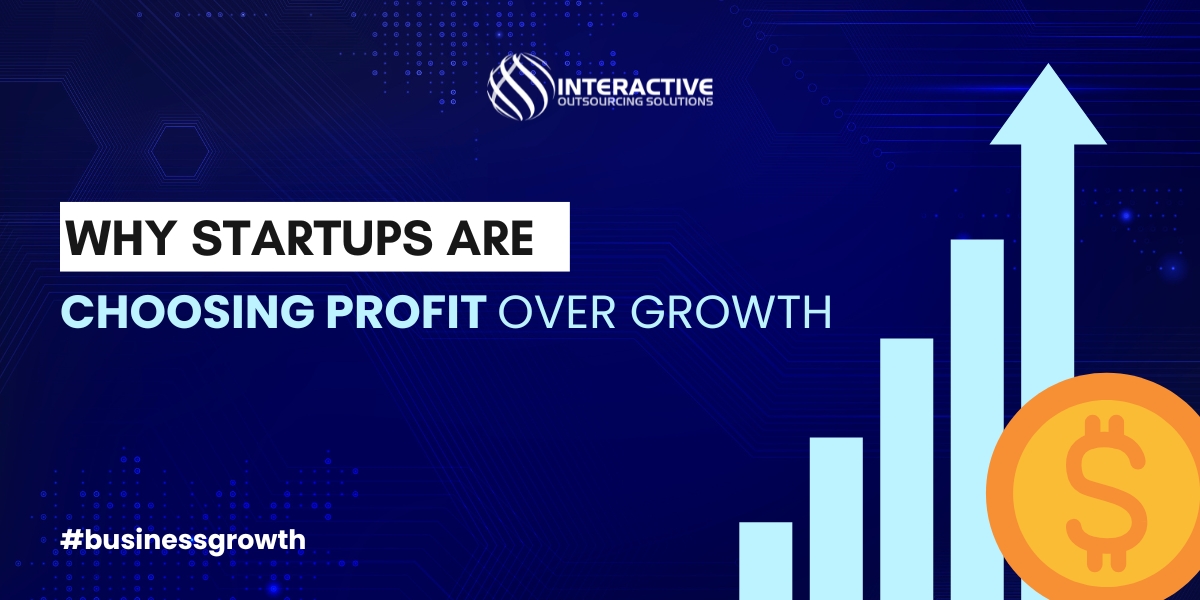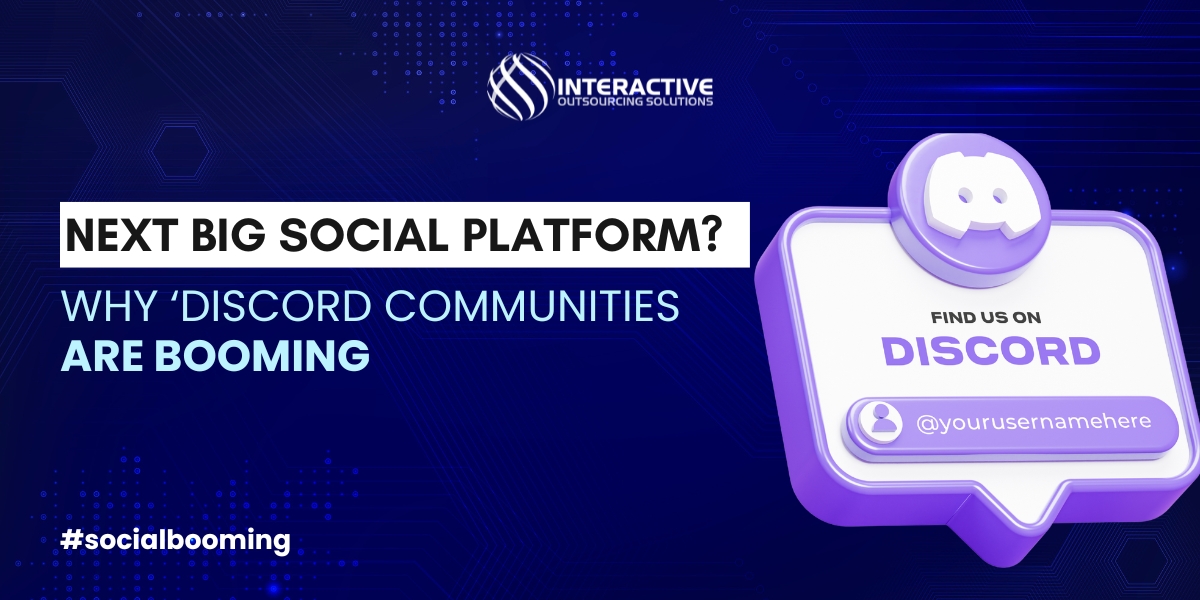Many years ago, artificial intelligence was primarily a concept found in science fiction, featured in blockbuster films and suspenseful literature. At that time, we were largely unaware of the profound ways in which AI would ultimately transform our daily lives.
Artificial intelligence (AI) has rapidly been integrated into various sectors by addressing genuine challenges through analytical insights and automation. Its extensive capabilities have led to an increasing acknowledgment of AI’s significance. Analyzing key AI articles helps researchers stay abreast of the latest advancements in the field.
What is AI
Artificial Intelligence (AI) serves as a broad term encompassing the capacity of computers to execute cognitive tasks such as reasoning, learning, problem-solving, and decision-making, which typically necessitate human intelligence. The future of artificial intelligence is quite promising as it can Evolve over time. We need to recall a point in the past when AI started evolving from a mere thought to what it has achieved now.
Evolution of AI
When did AI become popular? To answer this question we need to go back to the eary days when it was a proposed idea and fictional thought. Artificial intelligence (AI) has undergone significant transformation over the years, evolving from a theoretical concept into a powerful and ubiquitous technology. Initially, AI focused on rule-based systems and expert systems, which were designed with explicit rules to mimic human intelligence. These early systems had limited capabilities and demanded extensive human programming.
The advent of machine learning and the availability of large datasets marked a pivotal advancement in AI. Contemporary AI systems are now capable of learning from vast amounts of data and enhancing their performance over time through various machine learning methodologies. This evolution has initiated a new phase in artificial intelligence, enabling models to identify patterns, make predictions, and tackle complex challenges with remarkable accuracy. A crucial aspect of this evolution is the integration of AI technology into everyday devices and systems.
Examples of AI-driven technologies that have become integral to our daily lives include smartphones, smart home devices, virtual assistants, and autonomous vehicles. Furthermore, AI has made significant strides in the field of robotics, empowering robots to perform intricate tasks, interact with humans, and operate in dynamic environments. Businesses are increasingly utilizing AI algorithms to derive valuable insights from extensive datasets, streamline operations, and tailor customer experiences.
The future of AI holds immense potential, with anticipated advancements in areas such as explainable AI, reinforcement learning, and quantum computing. These developments are expected to significantly enhance the capabilities and efficiency of AI systems. Through ongoing research and innovation, AI has the potential to transform industries and redefine how individuals live, work, and engage with technology, unlocking new opportunities and revealing previously untapped potential.
Impact of AI on our future
The significance of artificial intelligence in our daily lives is poised to grow increasingly substantial shortly. Technologies driven by AI are expected to become more seamlessly woven into our routines, facilitating tasks in a manner that is not only more efficient but also tailored to individual needs.
Recently, there has been a notable rise in the utilization of smartphones and intelligent devices equipped with facial and voice recognition capabilities, which can effortlessly manage intricate tasks. Examples of AI’s integration into our lives include autonomous vehicles, delivery drones, advancements in healthcare, and many other applications.
The future landscape of artificial intelligence promises a plethora of innovative and exciting developments that will enrich our everyday experiences in various ways. Below are some AI tools that are likely to gain prominence in the times ahead.
Industrial and other applications of AI
Artificial Intelligence is poised to catalyze significant changes across various industries as it becomes increasingly embedded in business processes. By automating routine tasks, the future of AI is expected to enhance productivity and support human efforts through improved data analysis, agile decision-making, and tailored recommendations. The resulting increases in efficiency and productivity are likely to create a ripple effect, leading to the development of innovative business and operational models. The following are some of the key industries that will be influenced by AI.
Future of AI in Healthcare
Artificial intelligence will assist in diagnosing illnesses, tailoring treatment strategies, overseeing patients from a distance, minimizing medication errors, and much more. For example, it is estimated that 70% of individuals using insulin do not adhere to their prescribed regimens. Identifying these discrepancies can significantly enhance the quality of healthcare.
Future of AI in Education
Artificial intelligence is set to transform education by facilitating personalized and customized learning experiences that cater to the individual abilities of students. This tailored approach will create opportunities for both high-achieving and underperforming students.
Future of AI in Finance
AI algorithms are currently utilized in stock trading and the management of investment funds. Their capability to process vast quantities of data allows AI systems to potentially surpass human performance in financial decision-making. The finance sector stands to gain from enhanced risk and compliance management, as AI contributes to the mitigation of financial crises.
Future of AI in Military and Cybersecurity
Furthermore, AI will facilitate the creation of autonomous weapon systems and military robots. It will also enhance cybersecurity through advancements such as predictive threat analysis and prevention mechanisms.
Future of AI in Transportation
Autonomous vehicles represent one of the most remarkable advancements in technology. Artificial intelligence will play a crucial role in traffic management and congestion prediction, thereby enhancing travel efficiency. Additionally, it will facilitate the monitoring of vehicle performance and ensure that repairs and maintenance are conducted promptly.
Future of AI in Advertising
Artificial intelligence will facilitate the creation of personalized advertisements customized to the unique interests, behaviors, locations, and profiles of individual users, thereby enhancing targeting and overall effectiveness. It is not surprising that more than 80% of businesses are currently experimenting with AI within their marketing strategies.
Future of AI in Communication
The advent of artificial intelligence is set to dismantle future communication barriers, significantly enhancing interactions through AI’s capacity to grasp human meanings that extend beyond mere words, thereby improving accessibility for individuals with disabilities. Sophisticated AI systems capable of engaging in human-like conversations across a wide array of subjects and contexts will facilitate new forms of seamless collaboration among diverse groups.
Moreover, communication may evolve to become more tailored, owing to AI’s expertise in nuanced natural language generation, its ability to recognize individual communication styles, and its contextual understanding. Concurrently, virtual environments and AI-enhanced media will broaden the horizons for collective creative expression. AI is on the verge of transforming communication into a more inclusive, efficient, and personalized experience, thereby enriching both personal interactions and global connectivity.
Conclusion
The future of AI holds significant potential to transform various industries and enhance daily life in the future. Advances in AI technology are influencing numerous sectors, including healthcare, e-commerce, retail, and transportation. AI is driving greater efficiency, refining decision-making processes, and fostering rapid innovation.






